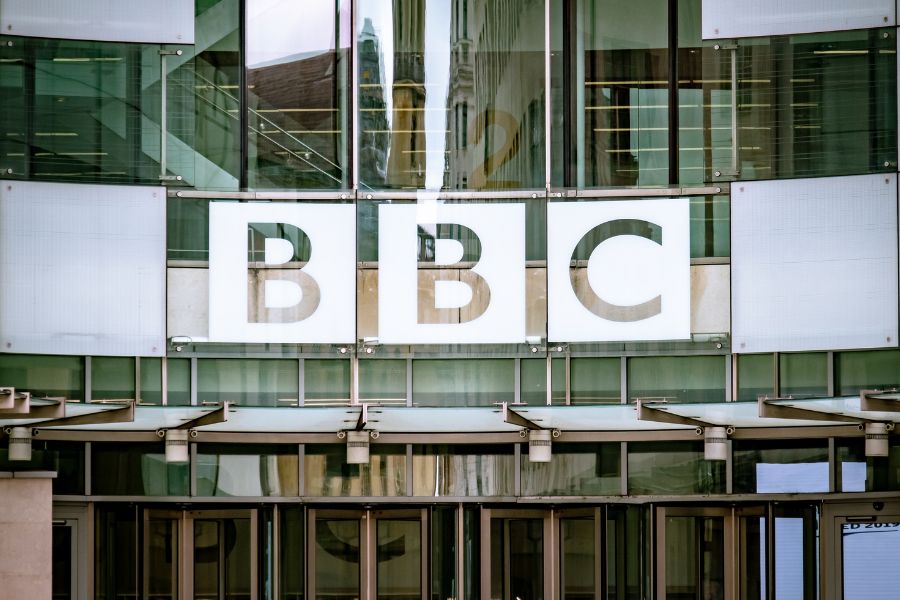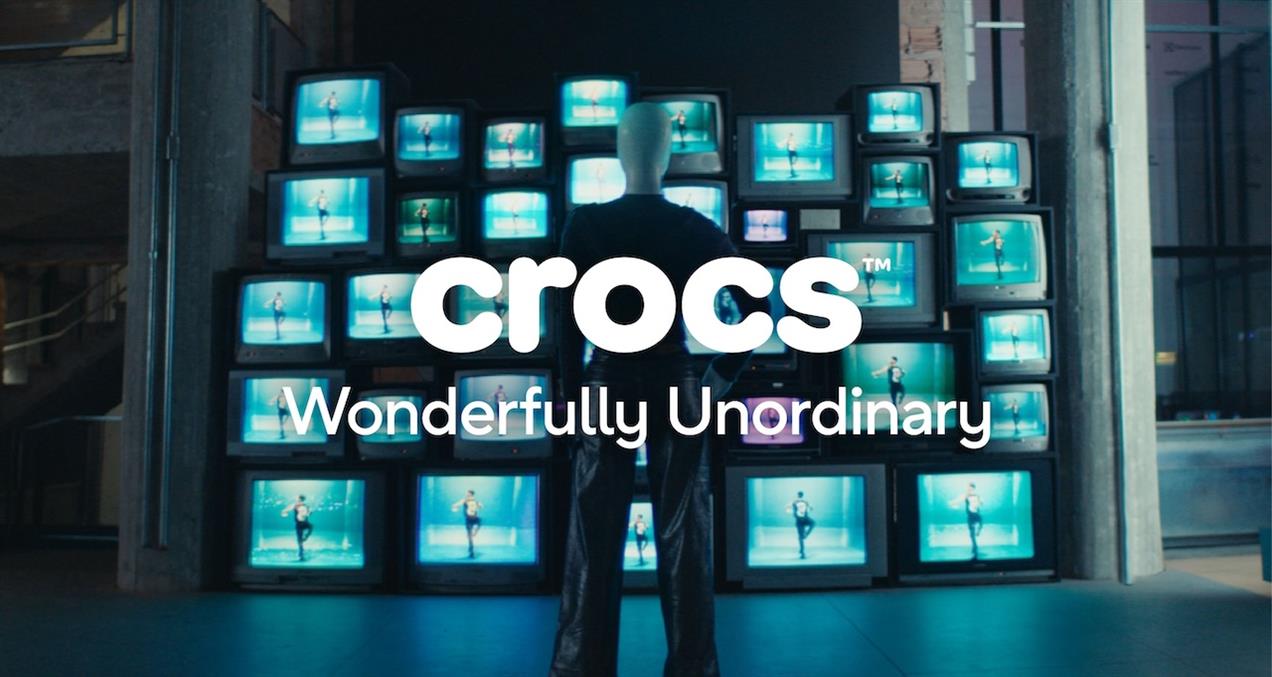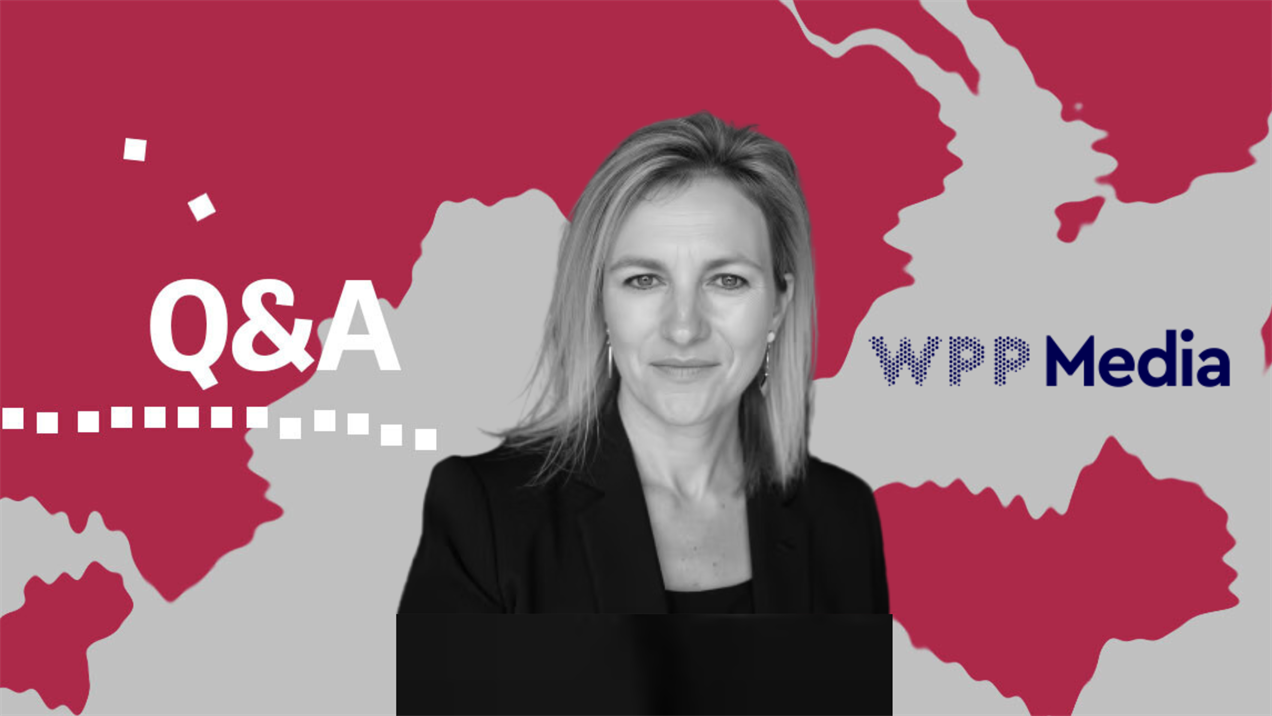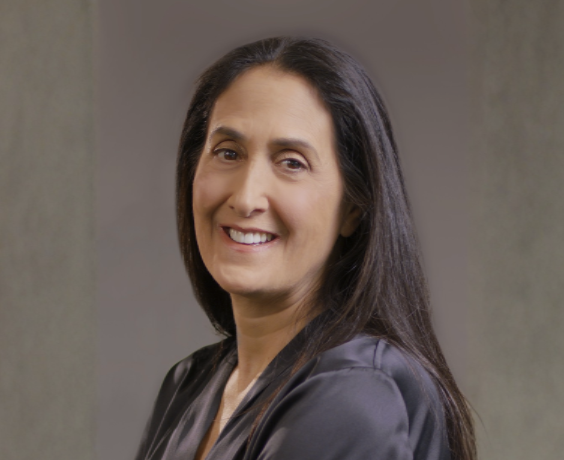Research commissioned by Radiocentre has modelled the expected revenue of BBC Radio if it were to be wholly funded by advertising.
Conducted by economic consultancy Compass Lexecon, the analysis follows the BBC’s announcement that it plans to start advertising on some podcasts and on-demand audio content in the UK for the first time.
While no plans have been made to extend advertising across all BBC Radio or to scrap the licence fee, Radiocentre is concerned that this could be the “next logical step”. BBC director-general Tim Davies has announced intent to reform the licence fee and the broadcaster is under increased pressure to rethink its funding.
Compass Lexecon’s modelling found that of all 13 stations/services studied, Radio 2 and 6 Music would be the only stations to break even if advertising were introduced—and only if they were able to retain their current audience once ads were introduced.
It estimated Radio 1 and Radio 4 would need major cost cuts (of 25% and 50% respectively) to be viable, while the remaining services, including BBC Local Radio, BBC Asian Network, BBC Radio Wales, Ulster and Scotland, would not be viable at all.
To estimate viability, the consultancy calculated commercial prices, modelled them, predicted BBC prices and adjusted them to reflect supply.
Barriers accounted for in the process were the size of the UK radio advertising market and its ability to support the $898.9 million (£723 million) it costs to run BBC Radio services; advertisers valuing younger, richer audiences over the typically older audience of BBC Radio; and the lack of a quality premium on BBC Radio, which is inhibited by the BBC’s public service and speech requirements.
Radiocentre has presented the findings of the report to the government in the hope that it—and the BBC—takes note.
CEO Matt Payton said: “This study demonstrates that introducing advertising on BBC radio and audio services is a dangerous road to go down and will ultimately be bad for everyone.
“It would have a devastating effect on the BBC and commercial radio, as well as a huge impact for audiences, with the disappearance of public service radio as we know it and less choice available in future.
“While we recognise this is only one scenario, even partial advertising would have a significant negative impact. These findings are stark, and we hope that both the government and the BBC will take them into account.”











